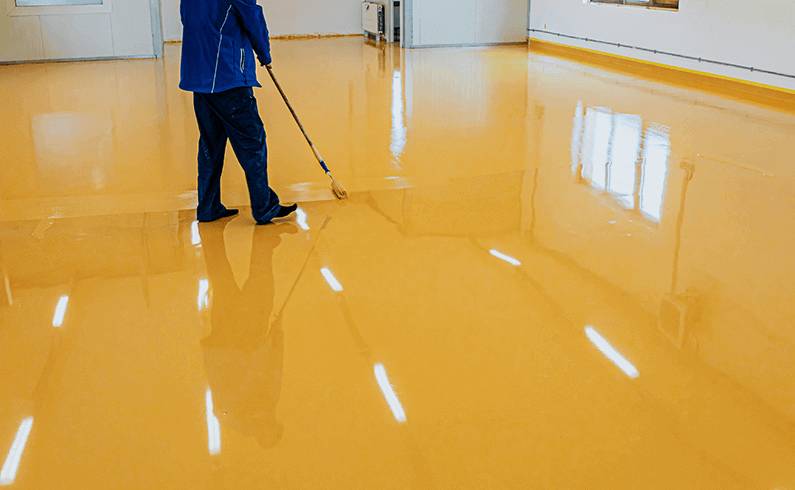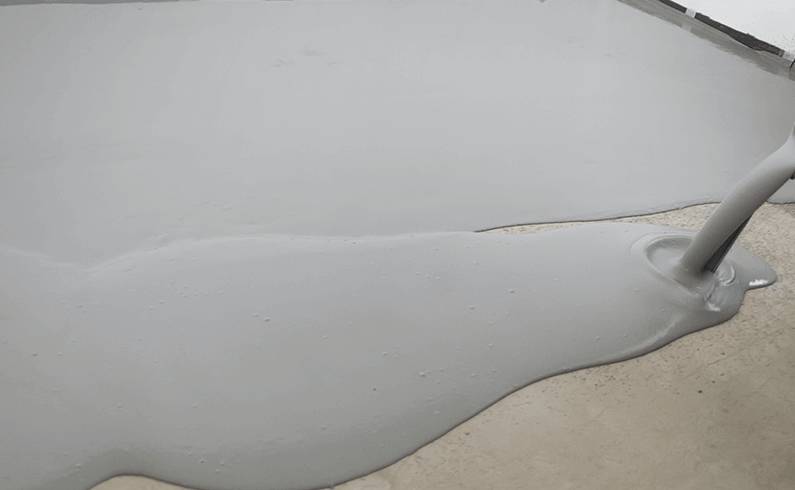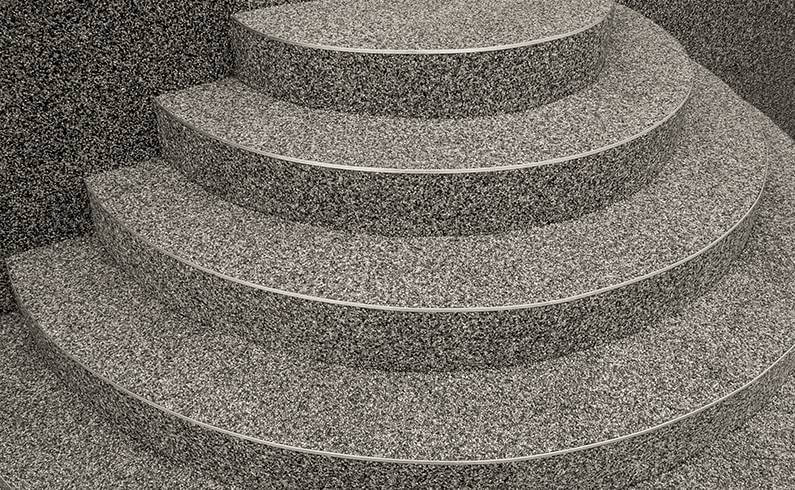What is an Epoxy Coating?
Epoxy coating is a durable, protective substance used to prevent carbon steel tanks from degradation on the outside.
Epoxy coatings offer superior resistance to abrasion, turbulence, harsh chemicals, and severe temperatures. Epoxy coating is not only long-lasting but also resistant to a wide range of corrosive substances. Epoxies are a popular option for diverse industrial coating applications, such as steel, aluminium, and concrete among others.
What is Epoxy Floor Coating?

In diverse commercial and industrial job settings, epoxy resin floors are a preferred flooring solution owing to the wide range of suitable traits of epoxy resin. In short, epoxy flooring is a kind of synthetic resin floor system which is meant to protect and decorate concrete substrates. It can be composed of numerous coats of thermosetting resin which are layered, trowelled/injected, and placed onto a concrete substrate. When the resin layers cure fully, the floor system creates a powerful and durable bond, acting as an impermeable and beautiful shield to protect the substrate.
The Process of Epoxy Coating
Epoxy is a polymer, which is a class of chemical substances made up of big chains with repeating subunits. And epoxy resins are made up of epoxides, which are extremely reactive groups of molecules that cure or set through chemical reactions induced by mixing them with other materials or heating them to an elevated temperature.
The cross-linking of polymer chains creates the hardening mechanism. Curing produces epoxy thermoset polymers, which have distinct resistance, longevity, adaptability, and stickiness. To put it another way, epoxy is a thermosetting material. Curing will not happen if the ambient temperature is insufficient to initiate the curing process. After the epoxy has been cured, it cannot be uncured.
Different Types of Epoxy Coating for Flooring

• Self-Dispersing Epoxy Coatings – Owing to its high mechanical strength, this epoxy coating is typically utilised in regions with significant forklift or truck traffic. Self-dispersing epoxy with quartz sand is yet another example of this long-lasting epoxy coating. For its good anti-slip properties, this epoxy coating is often utilised in food processing businesses and other sites where liquids are prevalent.
• Mortar Epoxy Coatings – This is the most durable of all epoxy floors. This form of epoxy coating is often utilised in heavy industry applications. Besides, it can also be used to patch cracks prior to the installation of other types of epoxy floors.
• Vapour Barrier Coatings – These coatings are put directly on concrete floors to create an impermeable surface that almost eliminates vapour transmission. These epoxy coatings are often done prior to the installation of the final flooring surface, which can be carpet, sheet, tile, vinyl, or hardwood floors.
• Gravelled Epoxy Coatings – These coatings are the most decorative sort of epoxy flooring and can be applied to add logotypes, brand insignia, and decorative features to floors.

• Self-Levelling Epoxy Coatings – These epoxy coatings for floors are simple to apply to new and old concrete floors because they level readily, resulting in a flawless and smooth surface. Self-levelling epoxy coatings can be used in a variety of settings, including kitchens, warehouses, dining rooms, storage areas, garages, and office buildings.
• Epoxy Terrazzo Coatings – These epoxy floorings are both attractive and simple to maintain. These are widely utilised in big areas such as commercial building corridors and entrances, schools, and office buildings.
• Epoxy Flaked Coatings – Not exactly an epoxy flooring type, but rather a technique of applying epoxy coatings. In this method, multi-coloured flakes or chips are applied over the epoxy coating when it’s still moist to give a decorative finish or effect.
• Epoxy Antistatic Coatings – This specific epoxy coating is intended for use in environments where static-sensitive electronic equipment is in constant use and a static-free environment is critical, like hospitals, laboratories, and electronics manufacturing plants.
Pidilite’s Epoxy Solutions
Under the premium brand Pidilite Industries Ltd, Pidilite Industrial Products has created advanced technology in epoxy coatings for several industries, including steel, cement, power, oil & gas, and many others in a variety of ways, including industrial bonding, upkeep, repair, and revamp processes.
Some of the products from the notable range of speciality coating offerings are – ZORRIK 101, ZORRIK 201, ZORRIK 301, and ZORRIK 311.
ZORRIK 101
The product is a two-component, solvent-free, protective epoxy coating for concrete, tanks, wells, and liquid transfer systems. It cures at room temperature to create a hard, durable, semi-flexible coating with excellent chemical resistance in a saline environment. It conforms very well to properly prepared various substrates.
ZORRIK 201
The product is a two-component epoxy system developed as a powerful chemical resistant high build coating. Unlike conventional corrosion protection paint for steel, it is based on high-performance Novolac resin technology, which is solventless in character and is designed to meet the utmost standards of chemical resistance and corrosion protection. It is a protective coating designed for the treatment of brick, steel, and concrete in applications where acids, alkalis, organic solvents, or a combination of chemicals cause problems.
ZORRIK 301
It is an epoxy metal putty solution that is meant for cold repair demands in Industry. This is an innovative technology that restores the metal strength, is dimensionally stable, and protects the asset. The rapid steel putty is a two-part epoxy repair that cures at room temperature. Since it cures quickly, it is ideal for making emergency repairs to various metals. Cured putty can withstand temperatures ranging from -30°C to 100°C.
ZORRKI 311
The product is the strongest epoxy for steel. The metal putty is a two-part ferrosilicon-filled epoxy resin system designed for high abrasion, corrosion, and chemical resistance. It offers high performance in dry service situations, at temperatures ranging from -30°C to 120°C. Since the product contains no iron, corrosion is completely eliminated.